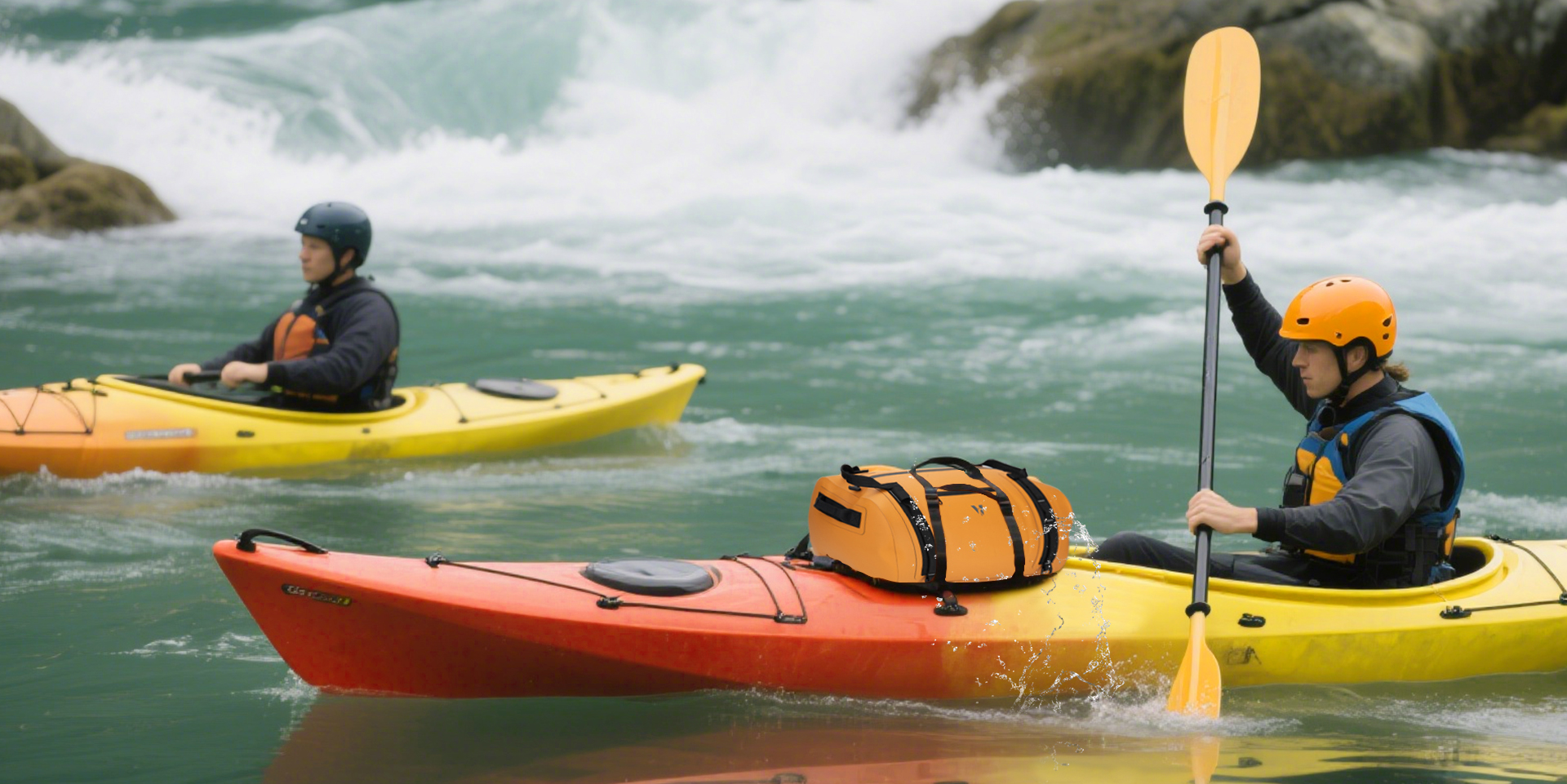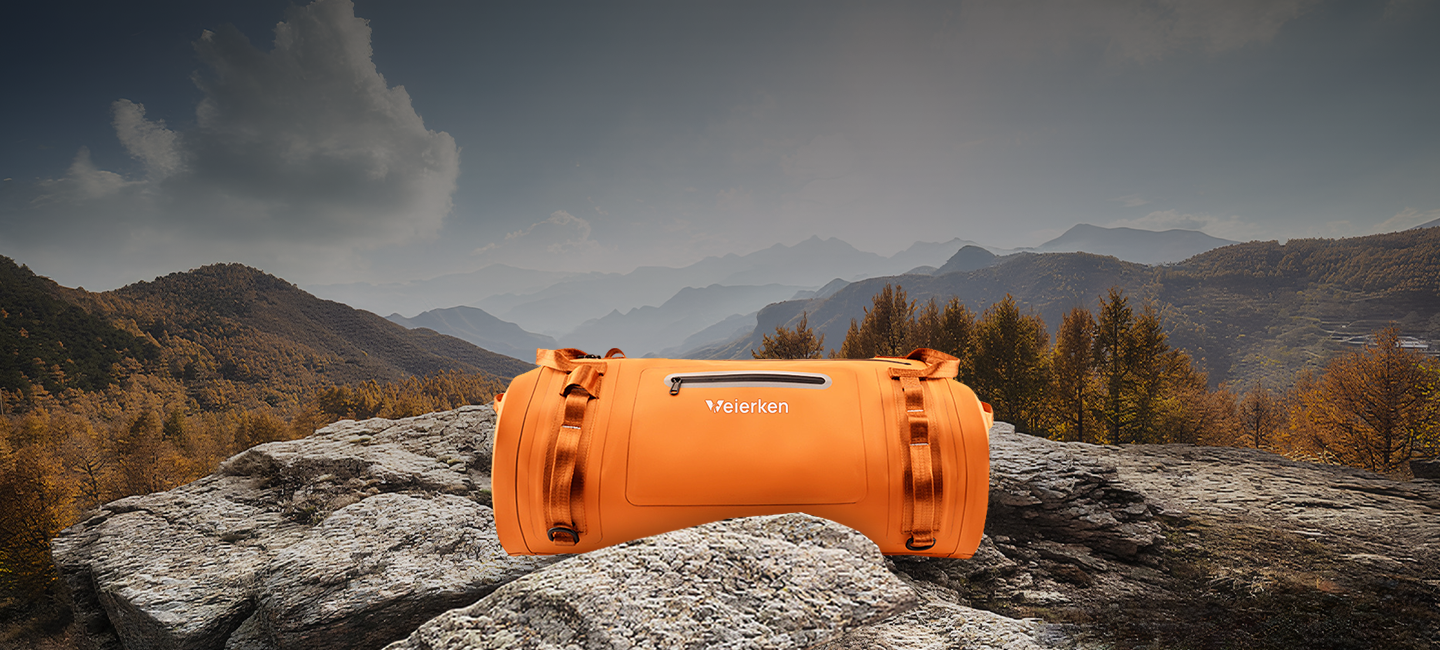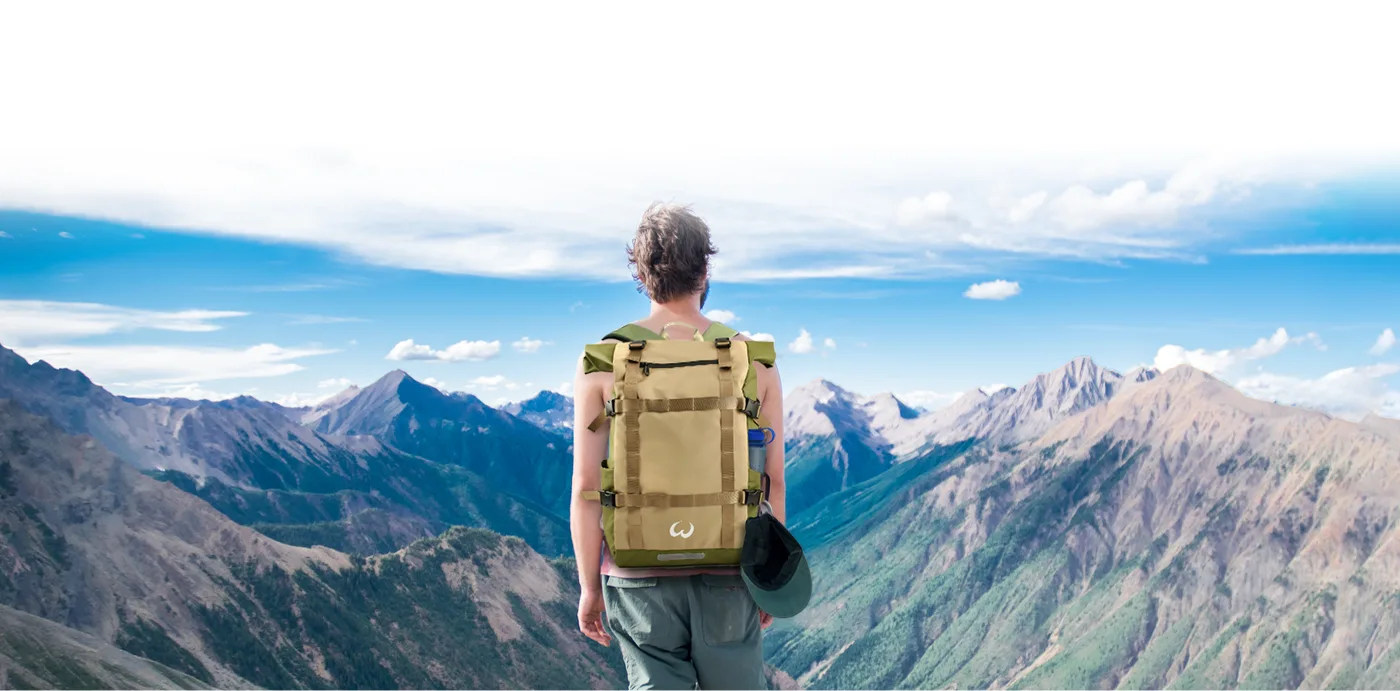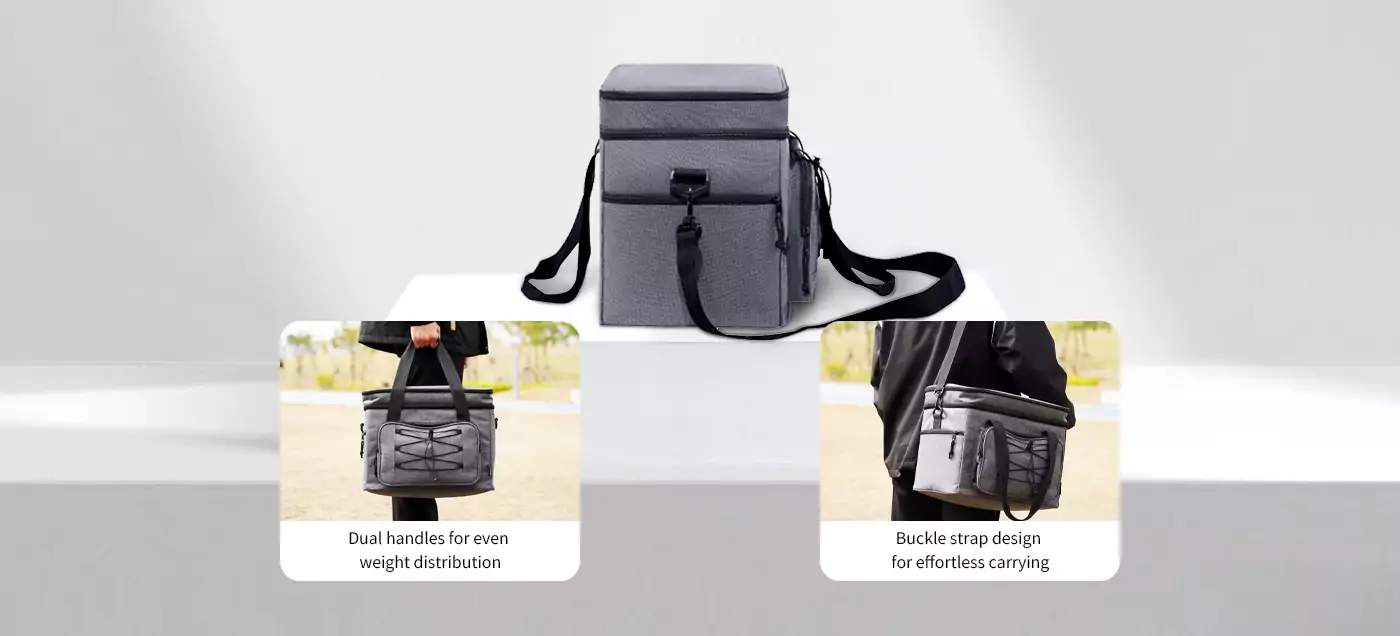In the competitive landscape of bulk procurement for outdoor, electronic, and promotional industries, understanding the cost drivers of IPX7 waterproof bag bulk order is critical for B2B buyers, procurement managers, and brand customizers. Unlike consumer-focused guides, this analysis delves into the commercial realities of sourcing durable, high-performance waterproof bags at scale. As a professional manufacturer, Weierken specializes in serving B2B clients with tailored solutions, emphasizing cost-efficiency without compromising on quality. This article breaks down the five key factors influencing bulk pricing, aligning with the core needs of businesses seeking reliable supply chain partners for OEM/ODM projects. We’ll explore how material choices, production capabilities, and compliance standards directly impact your bottom line, while highlighting Weierken’s approach to addressing these variables in large-volume orders.
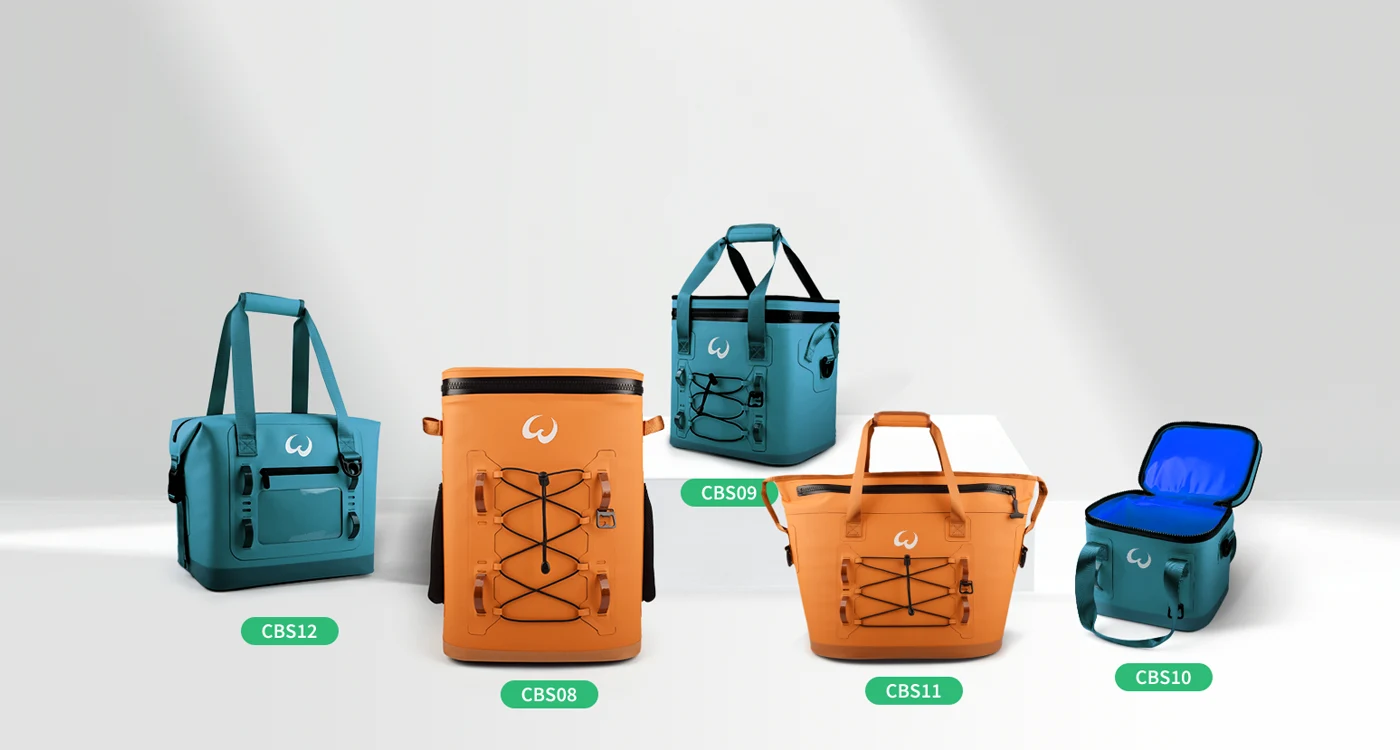
Understanding IPX7 Waterproof Bags in Bulk Procurement
For B2B stakeholders, IPX7-rated waterproof bags are not just consumer accessories but essential components for sectors like electronics protection, marine equipment, and corporate gifting. The IPX7 certification ensures submersion protection up to 1 meter for 30 minutes, a non-negotiable feature for clients in humid or wet environments. However, bulk procurement introduces complexities beyond basic specifications. Buyers must evaluate suppliers based on scalability, customization options, and long-term partnership potential. For instance, a brand customizer launching a promotional campaign for outdoor gear requires bags that align with brand aesthetics, durability standards, and ethical sourcing policies—factors that directly influence cost structures. By focusing on industrial applications, such as protecting sensitive devices during transportation or serving as bundled products in retail kits, this analysis underscores the importance of a strategic sourcing approach.
5 Key Factors Affecting Bulk Pricing of IPX7 Waterproof Bags
The cost of IPX7 waterproof bag bulk order is shaped by multiple interconnected elements. Below, we dissect the top five factors, incorporating real-world B2B scenarios to illustrate their impact on procurement decisions.
Factor 1: Material Selection and Raw Material Costs
Material composition is a primary cost driver, accounting for 40–50% of the total expense in bulk orders. High-quality thermoplastics like TPU (Thermoplastic Polyurethane) and PVC are common, with TPU offering superior elasticity and eco-friendliness but at a higher price point. For B2B buyers, material choices extend beyond functionality to include sustainability mandates. For example, RPET (Recycled Polyethylene Terephthalate) aligns with corporate ESG goals but may increase costs by 10–15% due to processing complexities. In a recent project for a European retailer, Weierken utilized RPET to meet GRS (Global Recycled Standard) requirements, resulting in a slight premium but enhancing the client’s brand reputation. Additionally, fluctuations in global polymer prices can destabilize budgets, emphasizing the need for suppliers with robust material sourcing networks. Procurement teams should prioritize partners who provide transparency in material traceability and offer alternatives like REACH-compliant options to mitigate regulatory risks.
Factor 2: Manufacturing Processes and Technological Investment
Advanced manufacturing techniques, such as high-frequency welding and automated seam sealing, directly influence both quality and cost. These processes ensure IPX7 integrity but require significant capital investment, which is reflected in pricing. For bulk orders, suppliers with in-house R&D capabilities can streamline production, reducing defects and rework costs. Weierken, for instance, supports clients with OEM/ODM services, including iterative prototyping and 3D modeling, to refine designs before mass production. A case in point involves a custom order for a tech brand, where Weierken’s rapid prototyping minimized design flaws, cutting overall costs by 8% through reduced material waste. Moreover, automation in cutting and welding lines enables faster turnaround for large volumes, but buyers must assess if the supplier’s technology stack aligns with their complexity needs—such as incorporating logos or unique closures—which can add 5–10% to the base price.
Factor 3: Certifications and Regulatory Compliance
Certifications like ISO 9001 for quality management, BSCI for social compliance, and FDA standards for food-contact safety (if applicable) are critical in bulk sourcing. These credentials assure product reliability but involve audit fees, testing, and documentation, contributing to 5–20% of the total cost. For international buyers, non-compliance can lead to shipment rejections or legal penalties. In one scenario, a U.S. distributor faced delays due to missing REACH documentation, underscoring the value of partners like Weierken, who maintain ISO and BSCI certifications to streamline cross-border transactions. Additionally, IPX7 testing itself requires accredited lab verifications, which suppliers may bundle into pricing. B2B clients should verify certifications early in negotiations to avoid hidden costs and ensure alignment with market-specific regulations, such as EU Green Deal initiatives.
Factor 4: Order Volume and Customization Scope
Volume discounts are standard in bulk procurement, but customization—such as color matching, size variations, or branded packaging—can offset savings. For example, an order of 10,000 units might enjoy a 15% discount, but adding custom prints or specialized zippers could increase per-unit costs by 10–25%. Weierken’s ODM services include market research and design support to help clients balance customization with economies of scale. A recent collaboration with an outdoor gear brand involved developing a multi-compartment IPX7 bag, where iterative sampling optimized functionality without exceeding budget constraints. Procurement managers should clearly define their requirements, as even minor changes in design complexity can impact tooling costs and lead times, especially in IPX7 waterproof bag bulk order scenarios.
Factor 5: Supply Chain Efficiency and Lead Times
Lead times, typically ranging from 25 to 65 days for bulk orders, affect pricing through logistics, inventory management, and production scheduling. During peak seasons, such as Q3 pre-holiday rushes, suppliers with flexible capacity can accommodate urgent replenishment orders but may charge a 10–20% premium. Weierken’s production hubs, for instance, maintain buffer stocks to handle peak-season replenishment, reducing delays for clients. Factors like shipping mode (sea vs. air freight) and raw material availability also play a role; for example, pandemic-induced port congestions have taught buyers to prioritize suppliers with diversified logistics networks. Efficient supply chains minimize opportunity costs, making it vital to partner with manufacturers who offer transparent timelines and risk mitigation strategies.
How Weierken Integrates Cost-Efficiency into Bulk Orders
Weierken’s B2B model addresses these factors through integrated solutions. By leveraging in-house R&D, the company provides design support and rapid prototyping to reduce iteration costs. Their compliance framework, including REACH and GRS, ensures seamless market entry for clients, while flexible OEM/ODM services cater to diverse customization needs. In one project, Weierken helped a corporate gifting supplier slash costs by 12% through material substitution and process optimization, without sacrificing IPX7 performance. Their emphasis on sustainable practices, like RPET integration, also appeals to brands targeting eco-conscious segments. For IPX7 waterproof bag bulk order partnerships, Weierken’s transparent pricing and adherence to 25–65 day delivery windows provide predictability in volatile markets.
Navigating the cost landscape of IPX7 waterproof bag bulk order requires a holistic view of material, production, compliance, volume, and supply chain dynamics. For B2B decision-makers, partnering with a seasoned manufacturer like Weierken can transform these challenges into competitive advantages. By prioritizing scalability, certification, and customization support, businesses can optimize procurement strategies for long-term success. As demand for reliable waterproof solutions grows, a data-driven approach to bulk sourcing will remain pivotal.
Frequently Asked Questions (FAQs)
Q1: What is the minimum order quantity (MOQ) for an IPX7 waterproof bag bulk order, and how does it impact pricing?
A1: MOQs typically start at 1,000 units for standard designs, with lower volumes incurring higher per-unit costs due to fixed setup charges. For larger orders (e.g., 10,000+ units), economies of scale apply, reducing prices by 10–30%. Weierken offers flexible MOQs and tiered pricing to accommodate varying business needs.
Q2: How do certifications like ISO and BSCI affect the overall cost and reliability of bulk orders?
A2: Certifications add 5–15% to costs through testing and audits but enhance reliability by ensuring consistent quality and ethical production. For B2B buyers, this minimizes risks of defects or compliance issues, making partners like Weierken—with ISO and BSCI credentials—a prudent choice for long-term partnerships.
Q3: Can suppliers support urgent replenishment orders during peak seasons, and what are the cost implications?
A3: Yes, many manufacturers, including Weierken, offer peak-season replenishment with lead times as short as 15–20 days, but this may involve a 10–20% surcharge due to expedited production and logistics. Planning ahead can mitigate these costs.
Q4: What customization options are available for OEM/ODM services, and how do they influence the budget?
A4: Options include custom prints, size adjustments, and material variations, which can increase costs by 10–25% depending on complexity. Weierken’s design support helps optimize customization to align with budget constraints while maintaining IPX7 standards.
Q5: How does material choice, such as RPET versus TPU, impact the sustainability and cost of bulk orders?
A5: RPET, as a recycled material, supports sustainability goals but may cost 10–15% more than virgin TPU due to processing. However, it appeals to eco-conscious markets and can enhance brand value. Weierken provides cost-benefit analyses to help clients make informed decisions based on their priorities.
